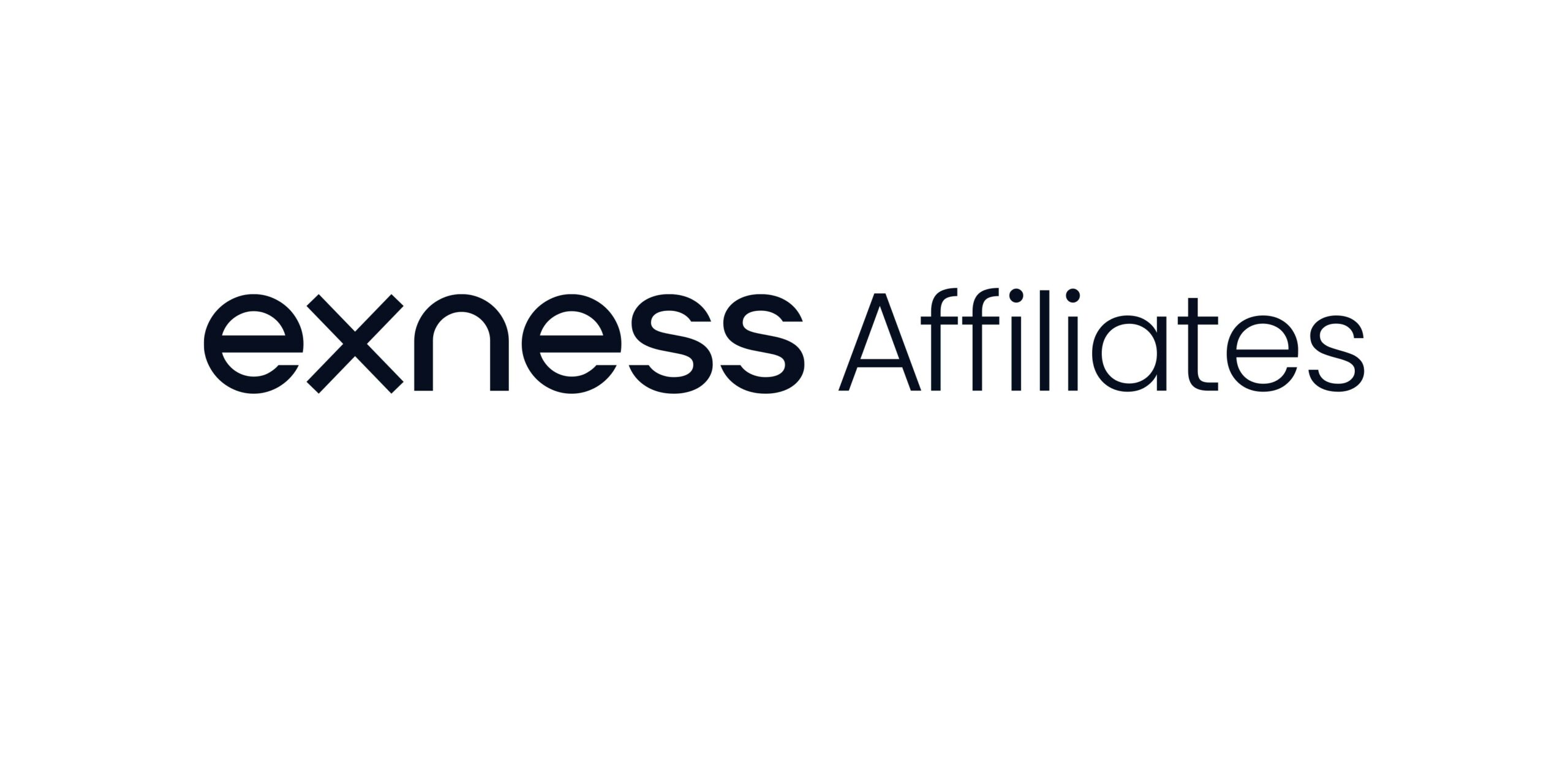Sports fans in Germany wagered 21% more last year than in 2018, new statistics have revealed. According to official figures, €9.3 billion was placed in total bets.
Deutsche Sportwettenverband (DSWV), the country’s governing body for sportsbooks, shared these figures this week. They were cited from the German Ministry of Finance.
‘Impressive’ growth
After last year’s sports betting stakes figures were made public, the DSVW lauded them as impressive. This was in particular because there weren’t any major international sports tournaments. The 2018 World Cup had taken place in the year prior, though Germany headed home after just three games.
Sports betting tax statistics for 2019 have also been released. Throughout the country, €500 million was paid in this respect.
Matthias Dahms, President of the DSWV, shared his thoughts on this news. His thoughts were as follows.
“Sports betting has reached the centre of society in Germany and has become a popular leisure activity. The common good also benefits: Last year, sports betting providers paid around half a billion euros in sports betting tax.”
In the midst of changes
Germany’s 16 Federal States are currently deciding how to move forward with a unified State Treaty for gambling. Sports betting would be allowed to continue, with other verticals opening up alongside it.
At the moment, 45 operators are awaiting approval on their licence applications. The first of these will be issued this Spring.
The outcome of talks so far have been mixed with mixed reviews. And for affiliates with German traffic, they could cause significant problems. Most players here bet in-play, but advertising during games would be banned if proposed legislation is passed in its current form. Players would also have a monthly, cross-operator spending limit of €1,000.
A bigger issue is the below excerpt from paragraph 5.2 of the bill – translated into English.
“The negotiation or payment of any variable compensation for gambling advertisement, especially for games that users are banned from taking part in, shall not be permitted, in particular if the aforementioned compensation is based on turnover, deposits, or wagers, and advertising for the aforementioned games is effected via affiliate links.”
Unintentional or not, industry experts have argued that this could put bettors in danger. For example, it has been mentioned that affiliates play an important role in directing players to regulated operators and offers.
Dahms also spoke about the current situation in German gambling, calling on the country’s Federal States to form sturdy regulation.
“It is now up to the federal states to show that their regulatory framework works and that they can effectively deal with unlicensed offers. In some cases, improvements are necessary so that there is no displacement of players into the black market and distortion of competition.”
























